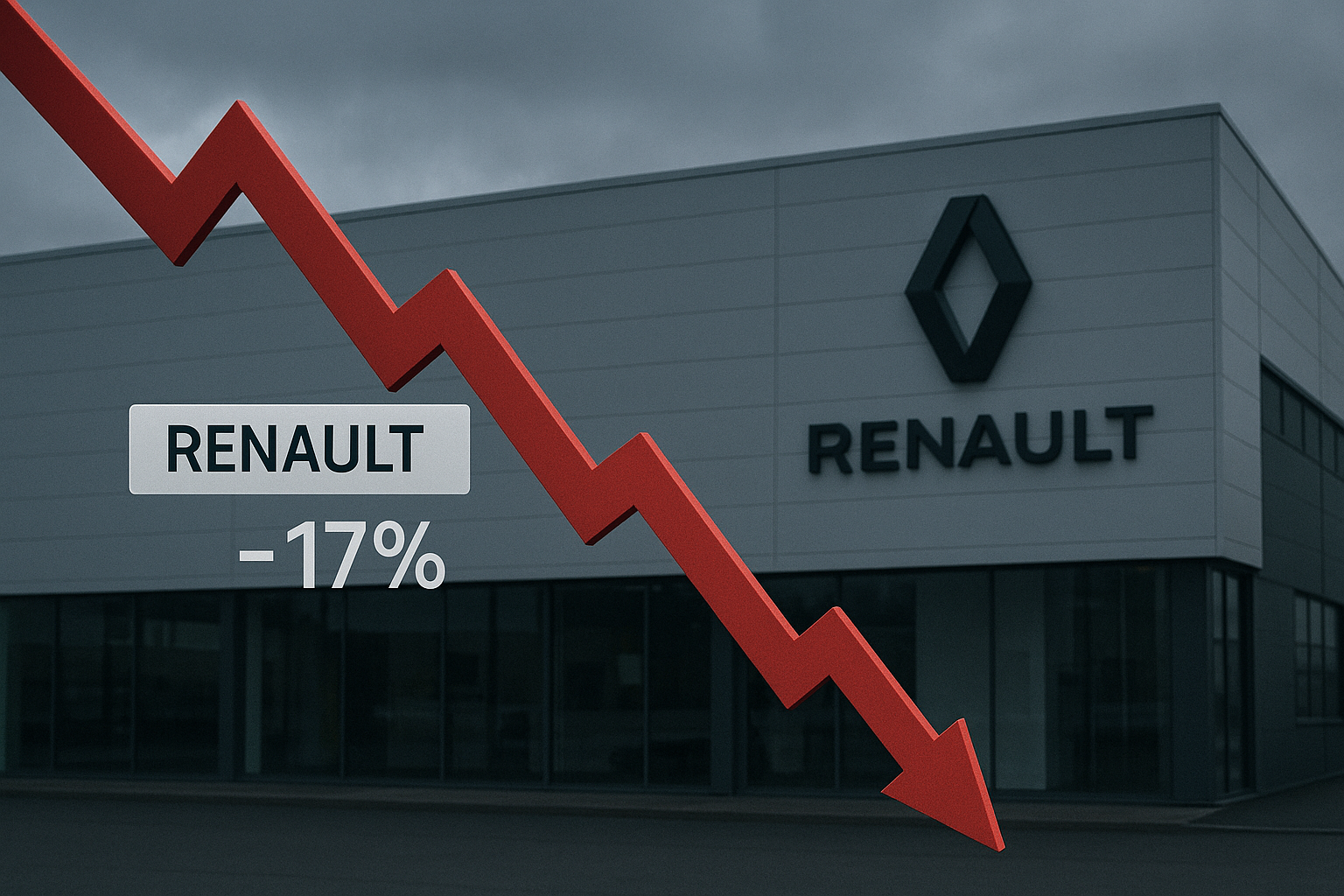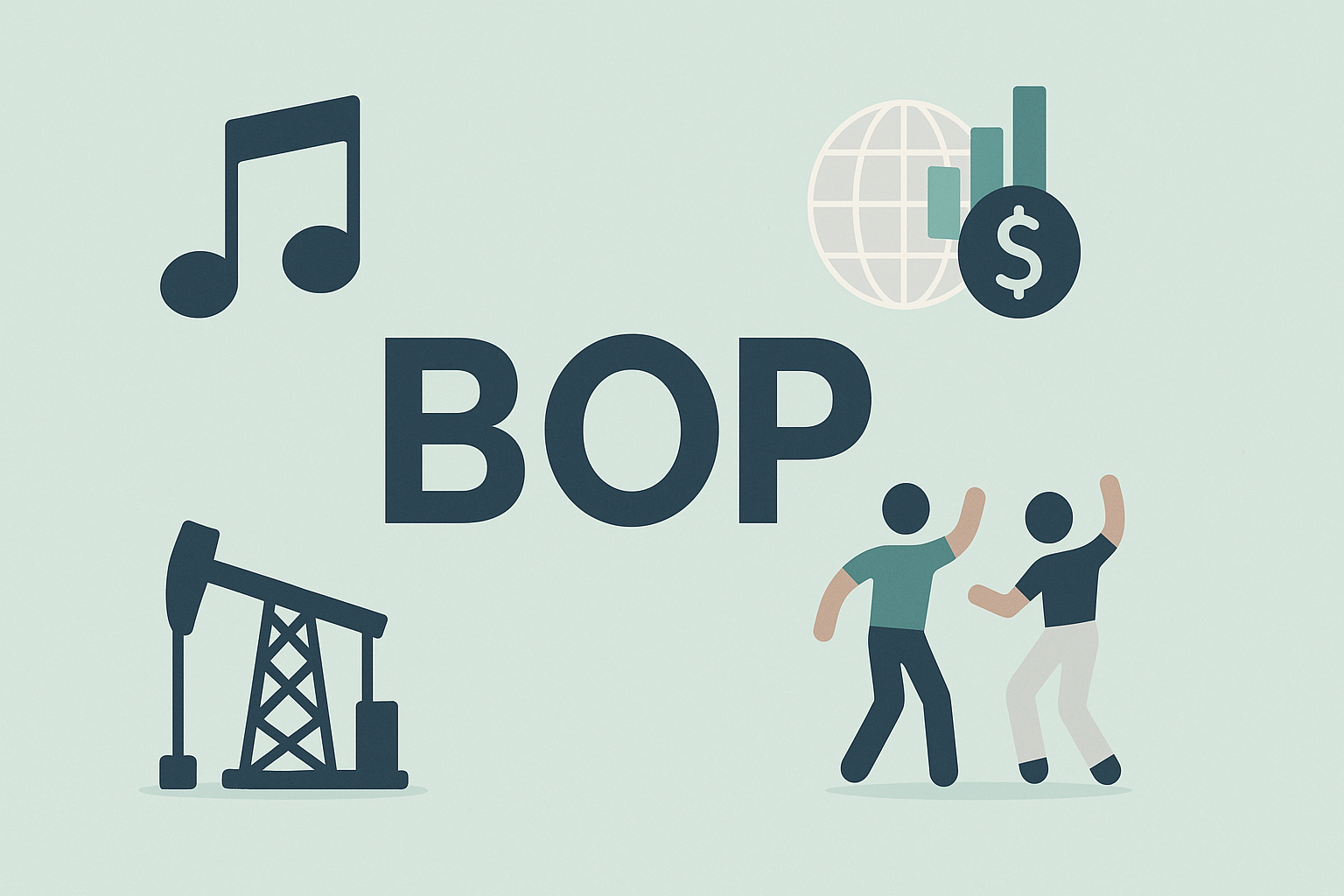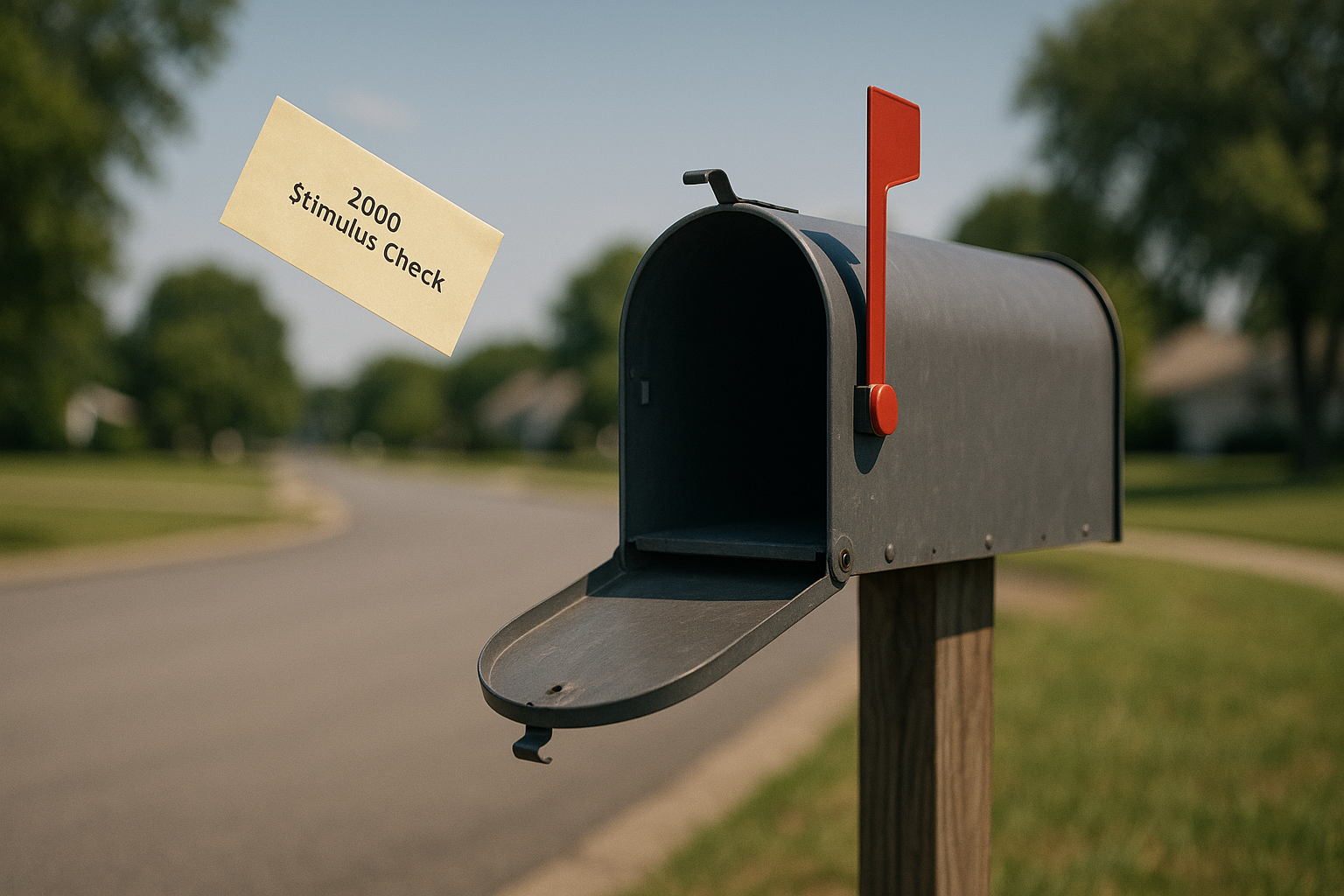Renault's stock took a nosedive yesterday—plunging a jaw-dropping 17%—after the French automaker slashed its financial outlook and announced a peculiar leadership shuffle. It was the kind of day that makes shareholders reach for the Bordeaux.
The company cut its 2024 operating margin forecast from "≥7.5%" to a significantly more modest "5-6%" while also lowering free cash flow expectations. But that wasn't even the strangest part.
In what might go down as one of the worst-timed executive moves in recent automotive history, CEO Luca de Meo announced he's temporarily stepping back from daily operations to chase the chairmanship of the European Automobile Manufacturers Association. Talk about reading the room.
I've covered European automakers for years, and I've never seen a company announce both bad financial news and a CEO's partial departure in the same press release without expecting blood in the water. The market reaction was as predictable as Paris traffic on a Friday afternoon.
When "Caution" Becomes a Four-Letter Word
Look, there's something almost comical about Renault's framing of this announcement as "increased caution" given the "challenging environment." It's corporate-speak at its finest—like telling someone you're "slightly concerned" while your house is actively burning down.
The markets, which occasionally demonstrate something resembling intelligence, interpreted this cautious language exactly as you'd expect: they panicked.
This reminds me of a conversation I had with an auto industry analyst last year who told me, "When a European car CEO starts talking about 'caution,' it's time to check if your portfolio has a parachute." Prophetic words.
The automaker finds itself caught in a perfect storm (aren't they all perfect these days?): Chinese EV manufacturers flooding European markets, consumers hesitating to embrace electric vehicles, and regulatory pressures that make the French bureaucracy seem straightforward by comparison.
A Very French Leadership Drama
The timing of de Meo's partial departure couldn't be worse if it had been scheduled by a disgruntled employee.
I've watched the French automotive leadership soap opera play out for decades—from the dramatic implosion of the Ghosn empire to countless executive shuffles that would make a game of musical chairs seem stable by comparison. This latest episode isn't nearly as scandalous, but the optics? Terrible.
"I'm going to step away to pursue an industry leadership position while our company navigates troubled waters" isn't exactly the message that inspires confidence. CFO Thierry Pieton will serve as interim CEO, which is a bit like having your accountant suddenly captain the ship during a hurricane.
(That's not a knock on Pieton's abilities—he may be brilliant—but CFOs rarely inspire the same confidence as dedicated chief executives during crises.)
What It All Means
Having tracked the European auto sector's struggles since the pandemic, I can tell you Renault's issues aren't unique. Volkswagen, Stellantis, BMW—they're all grappling with the same fundamental challenges. The difference is in how they're managing investor expectations.
Yesterday's market reaction wasn't just about the numbers. It was about trust.
The European auto industry faces an existential moment. Labor costs remain high, Chinese competition grows fiercer by the quarter, and the electric transition is proving bumpier than anyone admitted in those glossy sustainability reports.
For Renault specifically, this setback raises serious questions about the vaunted "Renaulution" strategy that de Meo has championed. The transformation plan had been gaining credibility—until yesterday's announcement took a sledgehammer to that narrative.
Can European automakers compete in this new landscape? I believe they can, but not without painful adaptation. And possibly not without consolidation that goes beyond what we've seen so far.
The road ahead for Renault shareholders looks about as smooth as a cobblestone street in a medieval French village. Which is to say, prepare for a bumpy ride.
As one investment banker I spoke with yesterday put it (requesting anonymity, naturally): "Renault just reminded everyone that in the auto industry, cautious optimism can turn into cautious panic faster than a Renault Alpine can go from 0 to 60."
Couldn't have said it better myself.




